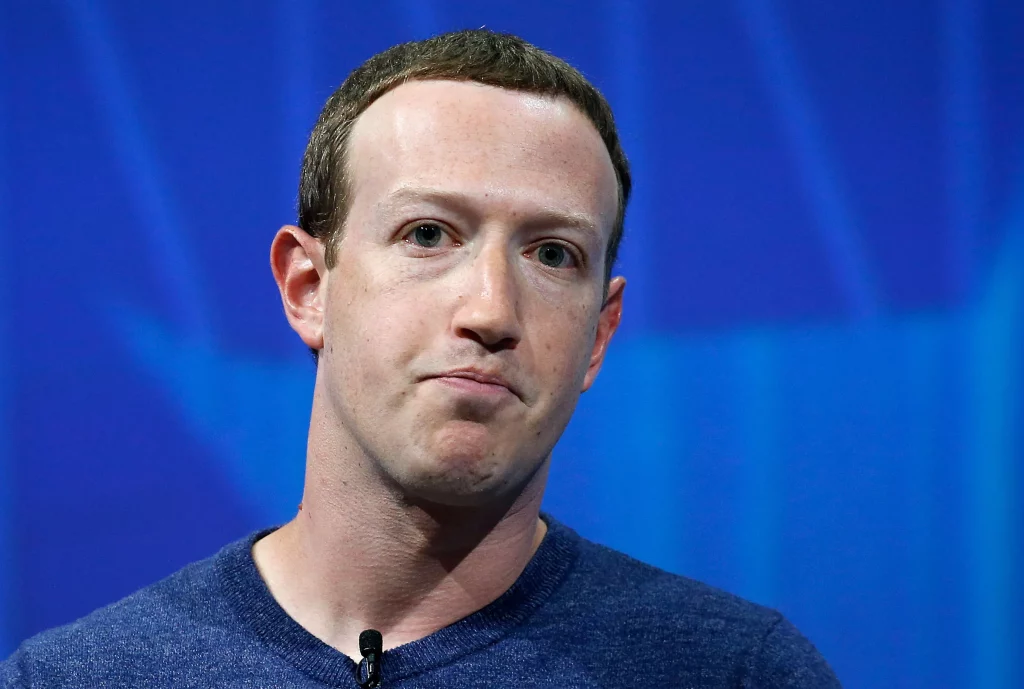Meta, the tech giant formerly known as Facebook, is facing significant challenges in the field of artificial intelligence (AI), as it struggles to retain top talent and keep up with competitors like OpenAI. Despite CEO Mark Zuckerberg’s heavy investment in AI, recent layoffs and the departure of key researchers have slowed down Meta’s progress in this area.
Amidst ongoing tech layoffs and growing competition, Meta is struggling to find footing
Over the past year, Meta has lost a substantial portion of its AI research team, which has had a direct impact on its ability to compete with industry leaders. Factors such as job burnout and a lack of confidence in Meta’s direction have contributed to this scenario. Even Yann LeCun, whom Zuckerberg hired in 2013 to lead Meta’s AI efforts, was not invited to the recent “Companies at the Frontier of Artificial Intelligence Innovation” summit hosted by the White House. Officials from other major companies such as Google and OpenAI were present at the same event, however.

Recognizing the need for a course correction, Meta employees are urging the company to adopt a new direction in AI. They want the company to rectify past mistakes that led to a shift away from generative AI, a field in which Meta had previously shown promise.
Under LeCun’s leadership, Meta’s AI researchers encountered difficulties in effectively promoting large language models and making breakthroughs with large-scale models like ChatGPT. Despite this, Zuckerberg praised the company’s recent advances in AI during a meeting with employees in June, citing many major breakthroughs in generative AI.
Last year, Meta experienced a significant loss of researchers, many of whom cited burnout or doubts about the company’s future plans in AI. The release of OpenAI’s ChatGPT in November further accelerated the talent drain from Meta, as employees sought opportunities elsewhere.
Another AI competitor, Midjourney, gained substantial traction within a mere year of its launch. The platform’s popular AI-generated images rapidly spread across the internet, strengthening its reputation and attracting attention.
Internally, confidence in Meta’s leadership has drastically decreased. An internal survey conducted between April and May revealed that only 26 percent of Meta employees expressed confidence in the company’s direction. Meta has yet to comment on these findings.
In his February earnings report, Zuckerberg declared 2023 as “the year of efficiency.” The company’s November layoffs, which affected over 11,000 workers, and subsequent project closures were part of this efficiency drive. However, it remains to be seen whether these measures will be sufficient to address Meta’s AI challenges and regain its competitive edge in the rapidly evolving landscape of artificial intelligence.
RELATED:
- ChatGPT to Metaverse: Huawei Chairman predicts 10x computing power increase by 2030
- WhatsApp beta unveils VR integration with Meta Quest headsets
- 2023 Best Gaming Mouse under $100
(Via)







